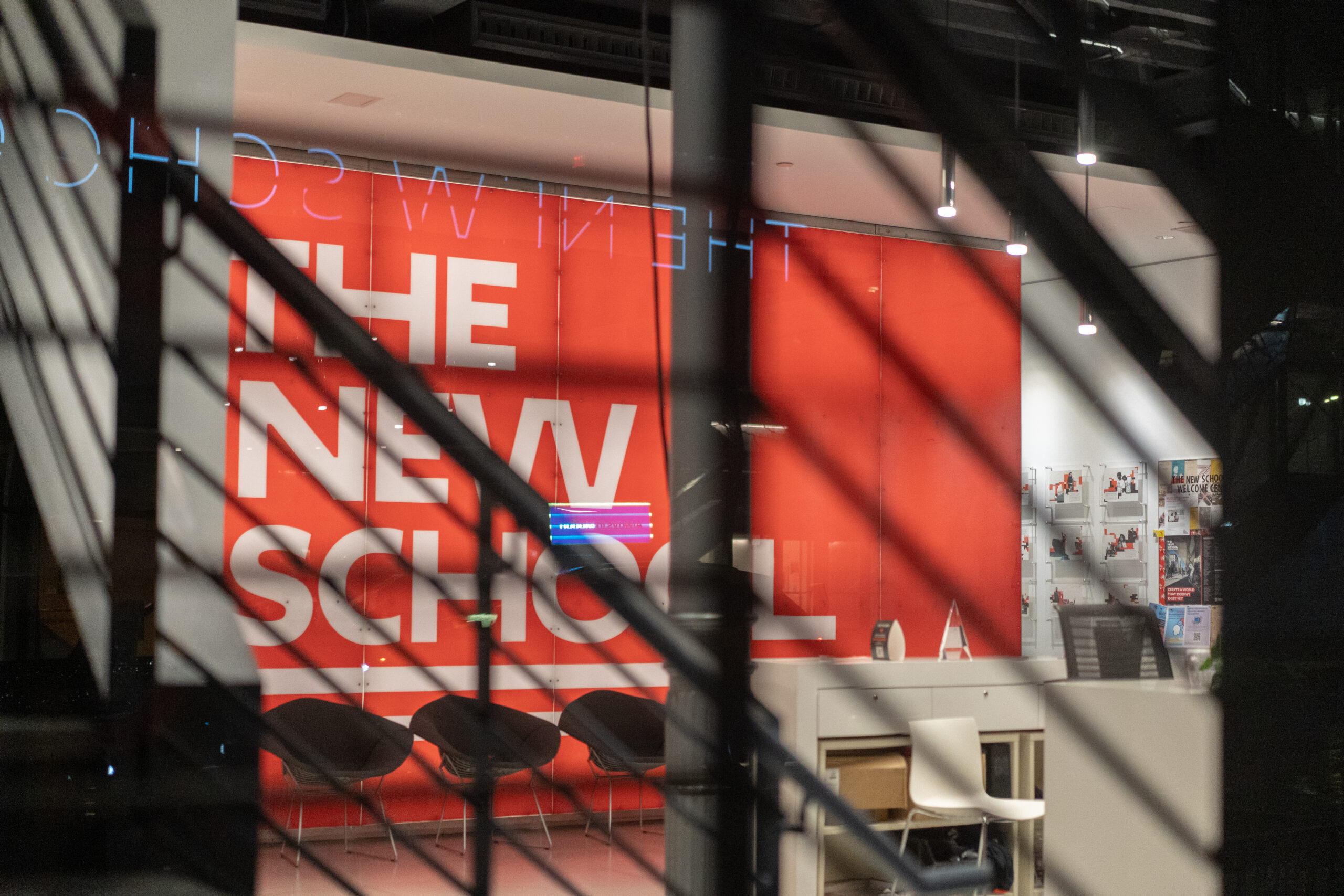Studying abroad can be an amazing experience, and for New School students there are a lot of options available. Programs are offered during the summer and winter breaks, as well as the Fall and Spring semesters. The New School has direct exchange programs that include King’s College London, Parsons Paris, the University of Amsterdam, and partner institutions in China, Australia, Iceland and Germany, to name a few. With so many choices, planning for a semester (or a year) abroad can be confusing. These 10 tips can make the process a little easier.
- Start Early:
“It’s really never too early to start asking questions about studying abroad,” says Evan Iacoboni, the Coordinator for Global Initiatives at Parsons.
Since students have so many options it’s important to explore them all before committing. Start by exploring the study abroad website for your division and see what programs interest you-you might be surprised!
“The most popular exchange program has historically been American University of Paris although there is also high demand right now for Sarah Lawrence College’s international sites (London, Florence, Paris, Havana, Oxford, Lima).” says Alberro. “We also saw exceptionally high demand this year for the Johannesburg, South Africa winter program through the Transregional Center for Democratic Studies. i like this item because it has specific reported facts rather than just advice, and wonder if you couldn’t move it up or even make it item #1
- Know the basics:
It’s important to understand some of the fundamental rules and policies that concern study abroad such as when you can start, how to register, how many New School credits you can earn through other institutions, and information on financial aid. Students can go to http://www.newschool.edu/lang/academics.aspx?id=9224 to find out the answers to many of these questions.
- Consult the appropriate advisor:
After exploring your options one of your first steps should be talking to the study abroad advisor from your division.
“Policies, procedures and opportunities for study abroad vary by division,” said Dechen Albero the Senior Advisor & Study Abroad Coordinator for Eugene Lang.i might put the albero quote here
By talking to your advisor you can start to figure out the program that makes the most sense for you in terms of time, academic interest, and finances .
- Pay attention to deadlines:
Study abroad programs all have deadlines for applications, financial aid and deposits, and they often fall during mid-terms, so it’s important to stay on top of them.
- Look beyond the brochures:
“Students may also wish to check out independent websites like Go Abroad or Abroad 101 which provide user reviews on some outside programs,” said Albero.
This is a great way to see what a program will be like from the perspective of someone who has lived it, rather than just reading information found in a brochure. As with any college program it’s important to take these extra steps to make sure it is right for you.
- Understand the location:
“Additionally, it is important that students understand where they want to study in addition to what they want to study,” says Iacoboni.
While you may have dreamed of studying in one place, you have to take into consideration the country, its culture, and the available academic programs.
“. . . studying Fashion in Paris is different then in London because of the culture of these places,” Iacoboni says. “That is to say that the best fit for study abroad is a place that represents both your academic and life interest[s].”
- Look at the statistics:
At the New School studying abroad is definitely popular. “To date this academic year (2014-15) we have placed 96 students in Fall, Winter, or Spring programs.” said Alberro. “Given summer enrollments over the last 2 years, I project an additional 75 students will study abroad this summer bringing the estimated total of Lang student studying abroad for academic year 2014-2015 to 171 or close to 60% of graduating seniors.” he says
- Stay up to date:
“Lang students [should] read the monthly study abroad newsletter that is sent to their New School email account and like the Lang Study Abroad Facebook page as we regularly post information about new programs, scholarships, and updates from students currently abroad,” says Albero.
Even if you don’t think study abroad is right for you, its important to stay updated in case a program or opportunity you would be interested in comes along.
- Plan ahead:
“ most students go abroad their Junior year, I find that students I have worked with since they were Freshman have the best experiences abroad,” says Iacoboni.
From planning out your finances and living space, to getting a passport, there is a lot of prep work to be done. This can even include taking some foreign language courses to help you get the most out of your time abroad.
“It is important for students to start the process early (preferably 1 year in advance) so they can plan appropriately and take advantage of outside provider early application discounts or apply for scholarships like the Lang Opportunity Award or the Gilman Scholarship,” adds Albero.
- Get ALL the info:
“I recommend students come to information sessions or other events on-campus,” said Albero.
There are regular information sessions held across the school, including a summer information session for Lang on February 11th. and there is study abroad fair in September where students can speak with representatives from various outside programs. And don’t forget to read the email announcements about these events will be sent to your New School email account.
Taylor is a journalism + design junior from Florida.








Leave a Reply